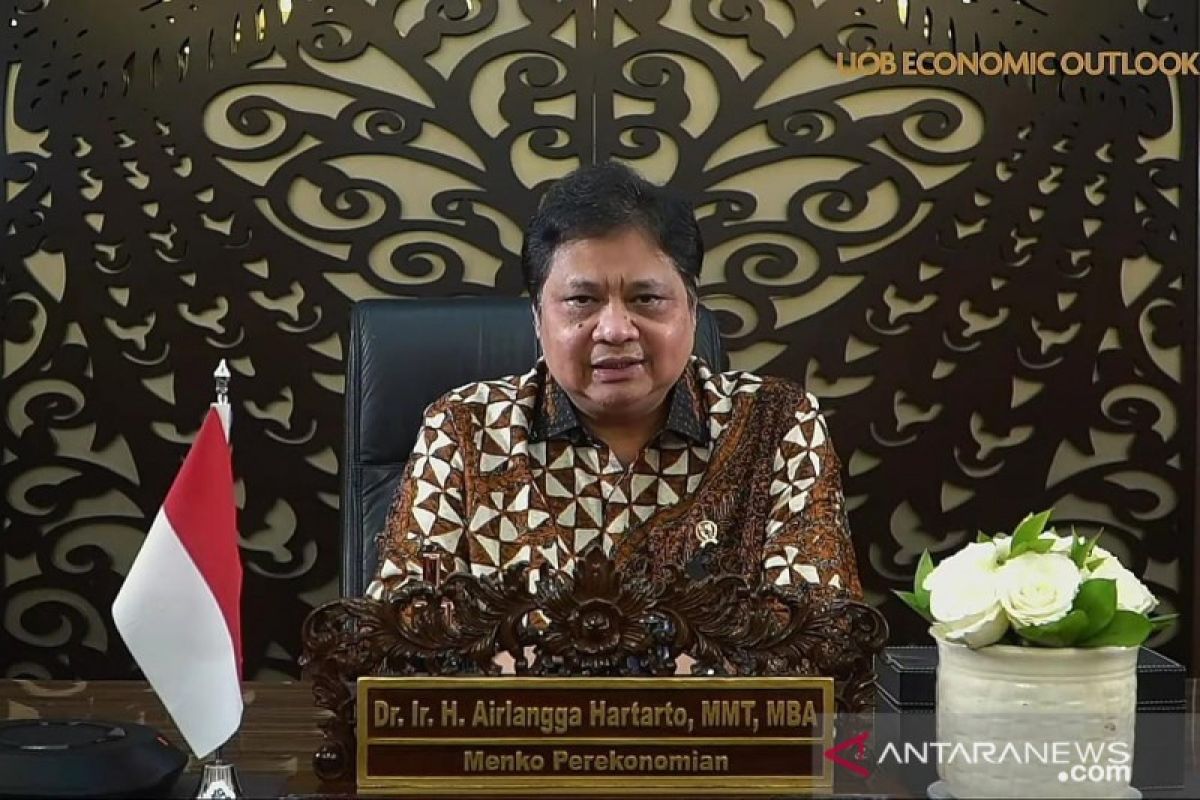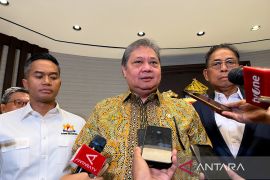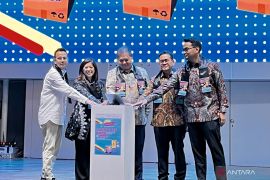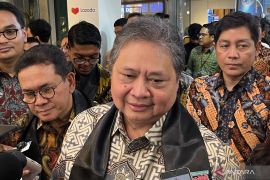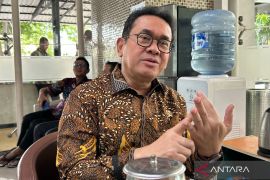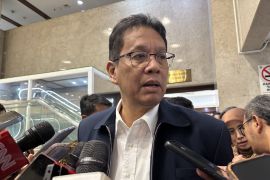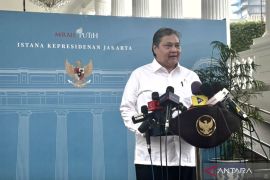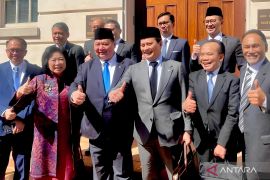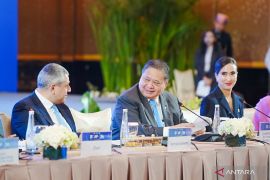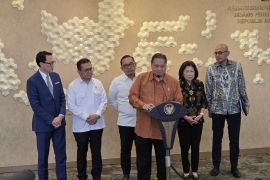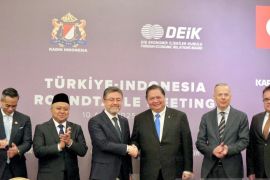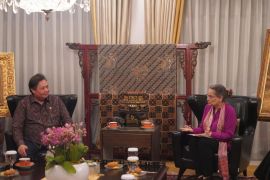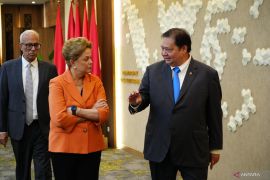In order to create a research and innovation ecosystem, a paradigm shift in economic development becomes important.Jakarta (ANTARA) - Coordinating Minister for Economic Affairs Airlangga Hartarto has said that the economic development paradigm of a resource-driven economy needs to be shifted to an innovation-driven economy.
A resource-driven economy involves an economic development paradigm based on natural resources, while an innovation-driven economy is based on technology, he explained.
“In order to create a research and innovation ecosystem, a paradigm shift in economic development becomes important. Thus, the paradigm which was originally based on resource-driven economy needs to be changed to an innovation-driven economy," he said in an official statement received here on Friday.
He then underlined several efforts made toward research and innovation-based economic recovery.
The first effort is encouraging green economy research through the development of renewable energy, green fuel, as well as electric vehicle facilities and infrastructure — for instance, the electric vehicle general fast-charging station, Hartarto said.
The second effort is accelerating the commercialization of research and innovation results by collaborating with business players -- comprising the industry and micro, small, and medium enterprises actors -- as well as other research institutions, he informed.
"The effort is crucial in technology transfer that leads to utilization of modern technology, which has optimal processing capability," the minister stated.
The third attempt is implementing information technology in research and innovation development programs through the utilization of online and offline data to create digital integration, Hartarto said.
“The research and innovation development should be in line with the currently developing digitalization trend. Indonesia has many potentials and opportunities that must be utilized, comprising the value of its digital economy transactions, which is estimated to reach US$124 billion or equivalent to Rp1,700 trillion in 2025," he said.
Currently, there are two new digital economy sectors which have promising growth prospects in Indonesia -- edutech and healthtech, he noted.
In 2020, active users of edutech apps in Indonesia grew significantly -- reaching 200 percent --while the number of healthtech or telemedicine users also increased significantly, he said.
Even in the next 5 years, it is predicted that telemedicine users in Asia Pacific region will increase by 109 percent, he added.
Various studies have found that Indonesia still has huge digital economy opportunities supported by a number of factors, Hartarto noted.
One of the factors is the nation's population, which is the fourth largest in the world, with the working age population reaching more than 191 million people, or 70.7 percent, of which 27.94 percent or 75.49 million belong to Generation Z and 25.87 percent or 69.90 million belong to Generation Y/millennial, he informed.
Furthermore, in order to achieve Indonesia's target as the world’s seventh largest country, based on gross domestic product in 2045, with an average economic growth of 5.7 percent per year, the government has set the direction of national policies and strategies for the development of science and technology in 2020-2024, he said.
"It will focus on accelerating the research and innovation ecosystem, increasing the amount and quality of the research and development spending, as well as prioritizing the National Research Master Plan, which is expected to be advantageous for the community and the development of the Research Power House," the minister added.
Related news: Governmental support paramount to boosting digital economy: Ministry
Related news: Some 30 million MSMEs to join digital trade: Trade Minister
Translator: Kuntum Riswan, Uyu Liman
Editor: Rahmad Nasution
Copyright © ANTARA 2021
